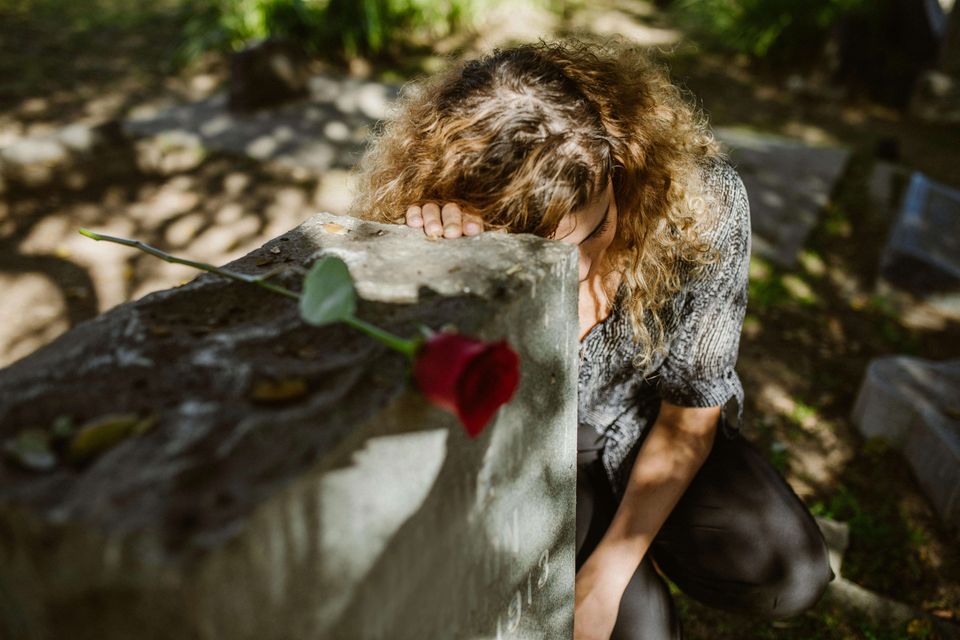Why Therapy Helps With Grief
Grief has its own logic — but when it begins to overwhelm your everyday life or drag on longer than you expect, something more might be helpful. Therapy offers a safe space to:
- Validate your experience and normalize the pull of loss. Grief is unique, but some of the stages and responses are shared. Counselors trained in bereavement recognize how loss affects people across the body, mind, relationships, and meaning.
- Help you process, not bypass, your emotions. Holding feelings in or “pushing forward” too soon can lead to stuck grief or complicated grief—therapy guides you through toward integration.
- Build coping tools and support your nervous system. Whether it’s mindfulness, grounding practices, expressive work, or restructuring routines, helping your system rest and recover supports grief work.
- Reconnect with meaning even amid loss. Grief therapy often involves exploring identity, values, legacy, and what you want your life to look like now—even if it looks different than it once did.

